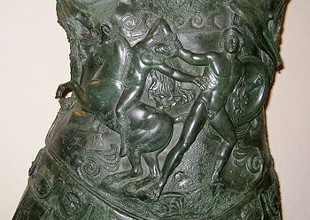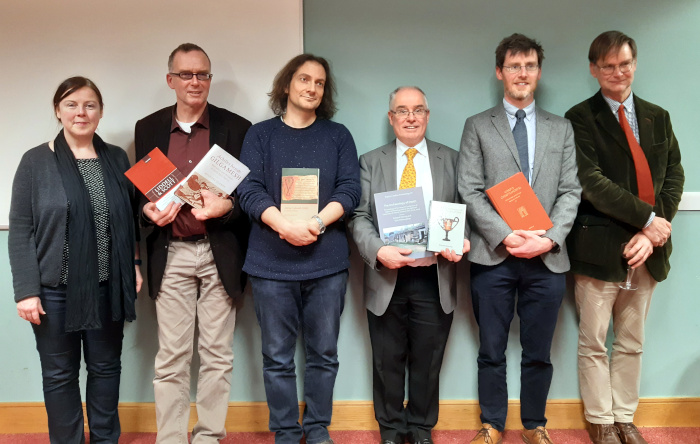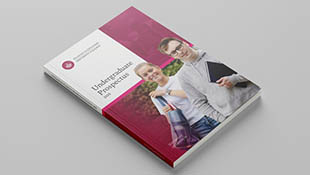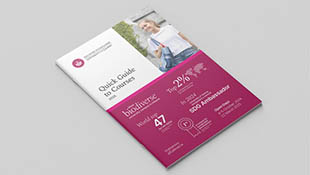-
Courses

Courses
Choosing a course is one of the most important decisions you'll ever make! View our courses and see what our students and lecturers have to say about the courses you are interested in at the links below.
-
University Life

University Life
Each year more than 4,000 choose University of Galway as their University of choice. Find out what life at University of Galway is all about here.
-
About University of Galway

About University of Galway
Since 1845, University of Galway has been sharing the highest quality teaching and research with Ireland and the world. Find out what makes our University so special – from our distinguished history to the latest news and campus developments.
-
Colleges & Schools

Colleges & Schools
University of Galway has earned international recognition as a research-led university with a commitment to top quality teaching across a range of key areas of expertise.
-
Research & Innovation

Research & Innovation
University of Galway’s vibrant research community take on some of the most pressing challenges of our times.
-
Business & Industry

Guiding Breakthrough Research at University of Galway
We explore and facilitate commercial opportunities for the research community at University of Galway, as well as facilitating industry partnership.
-
Alumni & Friends

Alumni & Friends
There are 128,000 University of Galway alumni worldwide. Stay connected to your alumni community! Join our social networks and update your details online.
-
Community Engagement

Community Engagement
At University of Galway, we believe that the best learning takes place when you apply what you learn in a real world context. That's why many of our courses include work placements or community projects.
News
Classics launches six books
Thursday, 27 February 2020

On 31 January 2020, Classics at NUI Galway held a special event to mark an extraordinarily productive year. The four members of our team launched no less than six books. We were delighted to welcome Prof. John Carey of University College, Cork to speak on the occasion of the launch.

Left to right: Kate Quinn (Head of School of Languages, Literatures and Cultures), Michael Clarke, Jacopo Bisagni, Edward Herring, Pádraic Moran, John Carey (UCC).
The six books are:
- Jacopo Bisagni, Amrae Coluimb Chille: a Critical Edition (Dublin: Dublin Institute for Advanced Studies, 2019)
- Michael Clarke, Achilles Beside Gilgamesh: Mortality and Wisdom in Early Epic Poetry (Cambridge: Cambridge University Press, 2019)
- Edward Herring, Patterns in the Production of Apulian Red-Figure Pottery (Newcastle-upon-Tyne: Cambridge Scholars Publishing, 2018)
- Edward Herring & Eóin O'Donoghue (eds.), The Archaeology of Death. Proceedings of the Seventh Conference of Italian Archaeology (Oxford: Archaeopress Archaeology, 2018)
- Pádraic Moran, De Origine Scoticae Linguae (O’Mulconry’s Glossary): An early Irish linguistic tract, edited with a related glossary, Irsan (Turnhout: Brepols, 2019)
- Chris Stray, Michael Clarke & Joshua Katz (eds.), Liddell and Scott: The History, Methodology and Languages of the World’s Leading Lexicon of Ancient Greek (Oxford: Oxford University Press, 2019)
These six books mark the coming together of the various research strands led by the four members of our Classics team: Jacopo Bisagni, Michael Clarke, Edward Herring, and Pádraic Moran. Beyond the happy chance that these works all came into the light of day around the same time, in combination they represent the shared research agenda that marks out Galway Classics among its national and international peers.
It is still too common for academics and their readers to think of the ancient and medieval world as a series of separate and competing cultures or civilisations, each with its own centre and its own language, traditions and world-view. Our preference is to model the ancient past in terms of connection, interaction and fluidity. Civilisation thrives on cross-influence and merger, despite the fact that individual peoples and empires tended (and still tend) to assert themselves by claims to uniqueness and to absolute contrast with each other.
These themes run in different ways through all six books:
- Clarke argues that the foundational ancient Greek epic, the Iliad, emerges from and forms part of the multi-lingual poetry and wisdom literature of the ancient Near East, especially the Babylonian Epic of Gilgamesh.
- Herring explores the development in ancient Italy of artistic styles ultimately derived from Greece but infused with themes and aesthetics that look to those of the indigenous traditions of Italy itself.
- Bisagni edits and interprets the canonical expression of Irish Early Christian poetics, Amrae Choluimb Cille, showing that it is steeped in Biblical and Graeco-Roman modes of expression fused with those of its Celtic surface language.
- Moran gives us the first modern edition of one of the key works of medieval linguistic science, in which Irish monastic scholars explored the relationship between their own language and the three sacred languages of their world – Greek, Latin and Hebrew.
Together with two edited volumes of essays, these monographs are milestones in our ongoing project of exploring the cultural past in terms of collision and cross-fertilisation: as a historian in a neighbouring field has put it, the challenge is “to restore a sense of messiness to the past”. Out of that awareness, we develop new understandings of the monuments of creativity that make the discipline of Classics worthwhile.
Keywords: Classics.



















